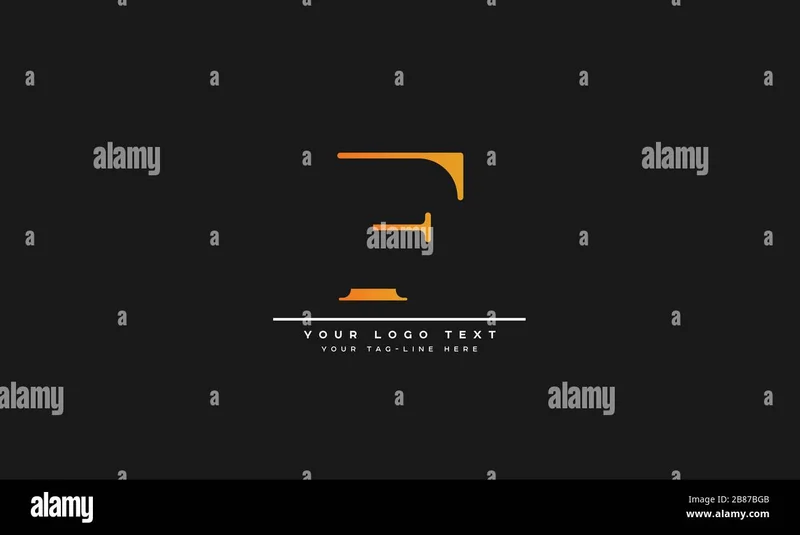Real-Time BNB Signal Analytics
Real-Time BNB Signal Analytics
You ever get the feeling a website is trying to gaslight you?
You click on a link, maybe to watch a video or read an article, and instead of the content, you're hit with a pop-up. A wall of text. It has a friendly-sounding title like “Our Commitment to Your Privacy” or, in this case, a sterile “Cookie Notice.” You’re presented with two big, friendly buttons: “Accept All” and “Manage My Preferences.”
The “Accept All” button is glowing, practically begging you to click it. The other one looks like a chore. It’s the digital equivalent of being told you can either have a slice of pizza right now or you can go to the store, buy the ingredients, and make it yourself from scratch.
This document from NBCUniversal is a masterclass in the art of performative transparency. It’s hundreds of words of pure, unadulterated legal jargon designed to do one thing: bore you into submission.
Let’s be real. Nobody reads this stuff. Not a single, solitary soul sits down with a cup of coffee and pores over the distinction between “First-party Cookies” and “Third-party Cookies.” It’s a smokescreen.
They break it down into these neat little categories that sound almost helpful. “Strictly Necessary Cookies,” they say. Necessary for whom, exactly? Necessary for the site to function, or necessary for them to track that you spent three minutes hovering over a pair of sneakers last Tuesday? Then there are “Personalization Cookies,” which is just a sanitized way of saying, “We’re watching everything you do so we can build a profile on you so precise it would make the Stasi blush.”
My personal favorite is the “Social Media Cookies.” They straight-up admit it: “Social media platforms have the ability to track your online activity outside of the Services.” It’s not a warning; it’s a threat. It’s like a mobster telling you, “Nice little browsing history you’ve got there. Be a shame if something happened to it.”

This isn’t about giving you a choice. This is a legal document designed to be ignored. It’s a confession—no, that's not right—it's a brag disguised as a disclosure. They’re telling you, in the most convoluted way possible, just how thoroughly they plan to violate your privacy. What are we, as users, supposed to do with this information? Send them a thank you card?
The whole setup is a perfect analogy for the modern internet. It’s a labyrinth built by lawyers and marketers, and we’re the rats they’re hoping will just hit the big, shiny “Accept” button for a pellet of content.
This is where the dark comedy really begins. Let’s say you’re one of the few, the proud, the people with too much time on their hands, and you click “Manage Cookies.”
You’re not given a simple “on/off” switch. Oh, no. That would be too easy. Instead, you’re presented with a sprawling list of “partners.” A hundred different companies you’ve never heard of, all with their digital hands out, asking for a piece of your data. You have to go through, one by one, and turn them off.
But wait, there’s more! As the notice helpfully explains, you also have to manage your browser settings. And your mobile settings. And your connected device settings. And offcourse, you have to do this on every single browser and every single device you own. Your phone, your laptop, your work computer, your smart TV. It’s not a one-time decision; it’s a new, unpaid part-time job. A job as your own digital security guard, fending off an army of trackers you never invited in.
They give you a dozen different links, settings, and third-party pages to manage, and if you miss one... well, they don't say, but you can guess. This ain't a system designed for human beings. It’s a system designed to create the appearance of consent while engineering the reality of compliance. They want you to give up. They’re counting on it.
Then again, maybe I’m the crazy one. Maybe everyone else just clicks “Accept All” and moves on with their lives without a second thought, happily trading their entire digital soul for a two-minute video clip. Looking around, that seems more and more likely.
Here’s the punchline: it doesn’t matter. Reading the notice, managing the settings, opting out—it’s all just theater. The entire online economy is built on this surveillance, and a pop-up window isn’t going to change that. The “choice” they give you is a lie. It’s the illusion of control in a system where you have none. You can either accept the tracking or you can’t use their service. That’s the real deal, and everything else is just static to make you feel better about the transaction. Welcome to the internet. Enjoy your stay.